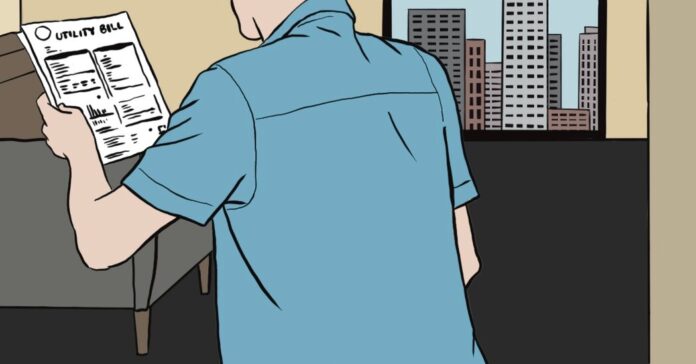Q: I recently moved into a room in a three-bedroom apartment in Astoria. Each tenant has a separate lease with the owner, and tenants are responsible for some utilities, with one roommate paying for them and the others reimbursing the costs. When I signed my lease, only one bedroom was occupied. Before I moved in, the landlord moved a tenant from another unit into the third bedroom of my apartment. This roommate is an alcoholic and has not paid rent or utilities for at least six months; Recently we had to cover his share. I have asked the landlord to serve this tenant with an eviction notice, but she refuses. What rights do I have with regard to the landlord being able to evict my non-paying roommate?
A: The rental agreement between the landlord and the non-paying tenant affects both of these parties – no, you cannot insist that the landlord evict your roommate for these reasons.
Does your rental agreement detail the various payment obligations with regard to the distribution of additional costs? If not, try to resolve the issue privately with your problem roommate. If that fails, you could pursue the matter in small claims court, but your success will depend on an agreement between the tenants. Have you agreed in writing that you will contribute to the additional costs? Did you discuss it in person and is there a recording of this conversation or witnesses?
“Oral agreements are enforceable, but if you don’t have witnesses, it’s just one word against another,” said Lawrence Chaifetz, a real estate attorney in Manhattan.
In the situation you describe, you are not “roommates” but rather tenants with separate leases, said Steven Ben Gordon, a tenant attorney in Queens. You can ask your landlord to contact the Housing Court if another tenant is interfering with the health, safety or quiet enjoyment of your apartment. This is called a harassment case. However, that process can take years, and most tenants are unwilling to go to housing court to participate, Mr. Gordon said.
It also looks like your apartment may have been divided illegally. There are a limited number of dormitories or single-room apartment units in the city, and the laws governing these buildings vary. You can check with the Department of Buildings and the Department of Housing Preservation and Development to determine whether your accommodation is a legal one-bedroom apartment.
If the facility is illegal, you can call 311 to report it, but that could result in you losing your lease, said Rosalind Black, director of citywide housing at Legal Services NYC, which provides free legal assistance to low-income New Yorkers.
“Such a violation would need to be corrected by the landlord by ending the illegal occupancy or legalizing the situation,” Ms. Black said.
For weekly email updates on residential real estate news, sign up here.















